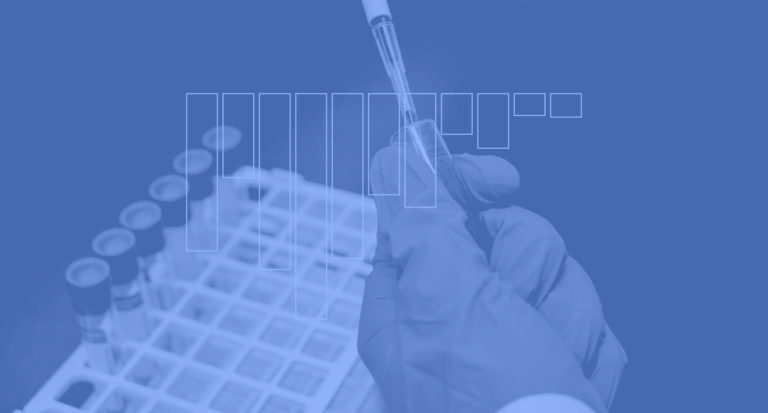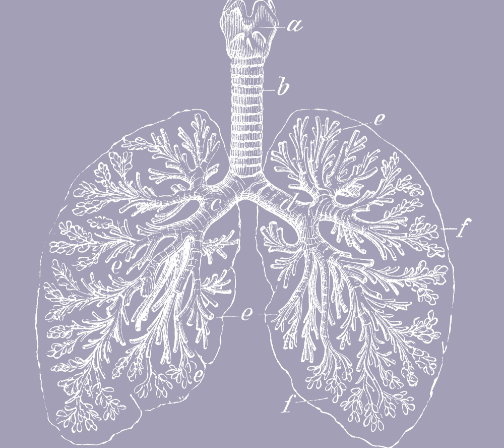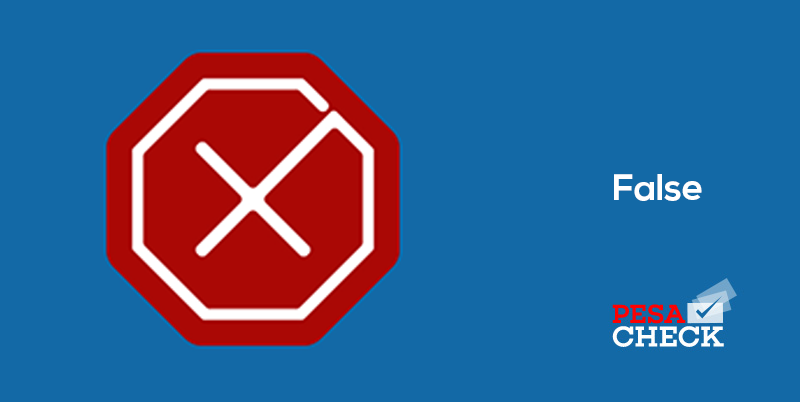


Subscribe
Data delivered to your inbox. Keep up with the latest developments.Scientific and medical evidence shows Covid-19 is a result of a viral infection.

A Facebook post claiming that Italian doctors have confirmed that COVID-19 is a bacterial disease and not caused by a virus as claimed by a number of authorities is FALSE.
The post, which appears to have originated from an article published by Journal Online, claims that Italian doctors performed an autopsy on bodies of people who died from COVID-19 and, found the cause of death to be a bacterial infection.
While it is true that the autopsy did take place at the Hospital Policlinico in Milan, the findings, which were published on MedRxiv, have been grossly misrepresented by both the article and the post in question.
The autopsy revealed the presence of a blood clot, suggesting acute lung damage in patients. However, the doctors involved in the study only suggested the use of anticoagulant medications as potentially beneficial in patients with severe COVID-19, and even cautioned that the efficacy of these drugs has not been proved.
Additionally, the findings of the autopsy make no mention of COVID-19 being a bacterial disease, and there is no recommendation for the use of antibiotics for its treatment as claimed by the article.
Antibiotics are administered to patients with bacterial infections, but scientific evidence shows that COVID-19 is caused the SARS-CoV2 coronavirus,, and has key characteristics of a protective coat of protein and requires a living host, such as a human being, to multiply and spread.
Mr Tarik Jašarević, the World Health Organization spokesperson, confirmed to PesaCheck in an email that COVID-19 is caused by a viral infection, which makes antibiotics ineffective against it.
Protective measures suggested by the World Health Organization include social distancing and washing hands with soap and water. In the absence of soap and running water, the organization recommends using alcohol-based hand-rub.
PesaCheck has looked into the claim that Italian doctors confirmed that COVID-19 is a bacterial disease and not a virus, and finds it to be FALSE.
This post is part of an ongoing series of PesaCheck fact-checks examining content marked as potential misinformation on Facebook and other social media platforms.
By partnering with Facebook and similar social media platforms, third-party fact-checking organisations like PesaCheck are helping to sort fact from fiction. We do this by giving the public deeper insight and context to posts they see in their social media feeds.
Have you spotted what you think is fake news or false information on Facebook? Here’s how you can report. And, here’s more information on PesaCheck’s methodology for fact-checking questionable content.
This fact-check was written by PesaCheck Fact-Checker Simon Muli and edited by PesaCheck Deputy Editor Enock Nyariki.
The article was approved for publication by PesaCheck Managing Editor Eric Mugendi.
PesaCheck is East Africa’s first public finance fact-checking initiative. It was co-founded by Catherine Gicheru and Justin Arenstein, and is being incubated by the continent’s largest civic technology and data journalism accelerator: Code for Africa. It seeks to help the public separate fact from fiction in public pronouncements about the numbers that shape our world, with a special emphasis on pronouncements about public finances that shape government’s delivery of Sustainable Development Goals (SDG) public services, such as healthcare, rural development and access to water/sanitation. PesaCheck also tests the accuracy of media reportage. To find out more about the project, visit pesacheck.org.
PesaCheck is an initiative of Code for Africa, through its innovateAFRICA fund, with support from Deutsche Welle Akademie, in partnership with a coalition of local African media and other civic watchdog organisations.








